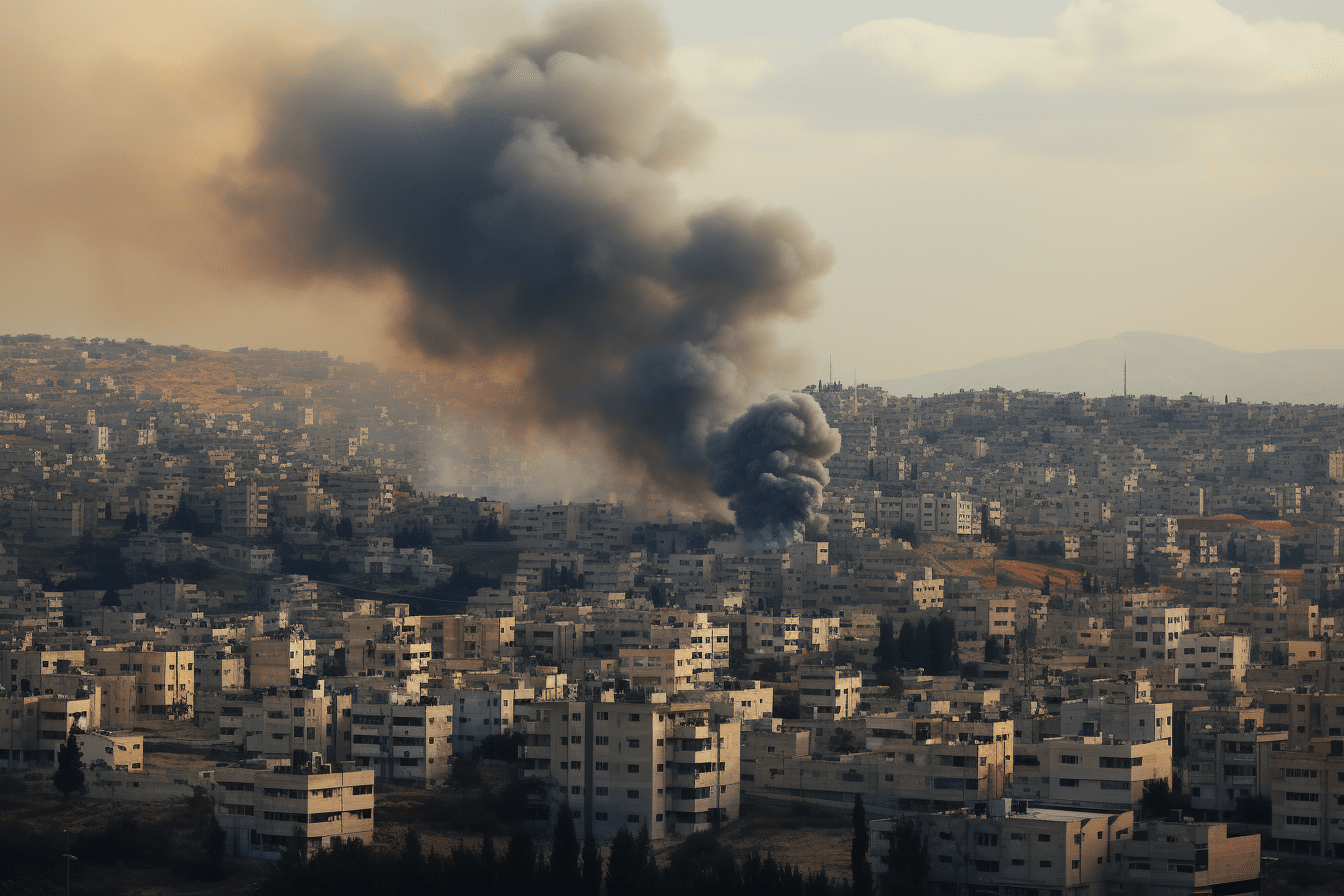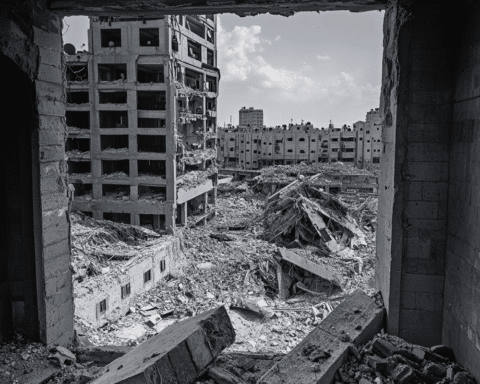As the possibility of a ceasefire with Hezbollah looms, Israel escalates its military campaign in Lebanon. Tuesday saw intensified strikes on Beirut, accompanied by evacuation warnings that caused widespread panic. The conflict, spanning over a year, now rests on a proposed U.S.-brokered agreement aimed at halting hostilities. As the ceasefire vote approaches, the stakes are high, raising hopes for peace and fears of last-minute complications.
Renewed Strikes and Evacuation Chaos
Israeli airstrikes targeted central Beirut and its southern suburbs, sending plumes of smoke into the sky. Families fled in panic, leaving areas like Beirut’s commercial Hamra district in gridlock. Evacuation warnings were issued for regions previously untouched by the war.
“We will act with great force if the U.N. peacekeeping force doesn’t enforce the deal,” Defense Minister Israel Katz stated during a meeting with U.N. envoy Jeanine Hennis-Plasschaert. Hezbollah responded with rocket fire, keeping northern Israel on high alert.
Ceasefire Details and Regional Impact
The proposed deal includes a two-month cessation of hostilities and the removal of Hezbollah’s armed presence from southern Lebanon. In return, Israeli troops would withdraw, and international peacekeepers, led by the U.S., would monitor compliance. Despite broad support, implementation challenges remain.
“There is no excuse for not implementing a ceasefire. Otherwise, Lebanon will fall apart,” said EU diplomat Josep Borrell, emphasizing the urgency of the agreement.
Devastation in Lebanon
The bombardment has had devastating consequences. On Tuesday, strikes leveled a residential building in Beirut’s Basta district, killing three and wounding 26. More than 1.2 million Lebanese have been displaced, and over 3,760 lives have been lost. Israel asserts that its strikes target Hezbollah assets, yet many victims are civilians.
Challenges to the Ceasefire
Despite growing optimism, hard-liners in Israel, such as National Security Minister Itamar Ben-Gvir, have voiced opposition. “A deal with Lebanon would be a big mistake and a missed historic opportunity to eradicate Hezbollah,” he stated on social media. The U.S. remains cautious. “Nothing is done until everything is done,” warned White House national security spokesman John Kirby, underscoring the fragile nature of the agreement.
As Israel’s leadership votes on the ceasefire, the world watches with bated breath. Will this long-awaited truce bring peace, or will unforeseen obstacles derail it? The outcome will shape the region’s future.





